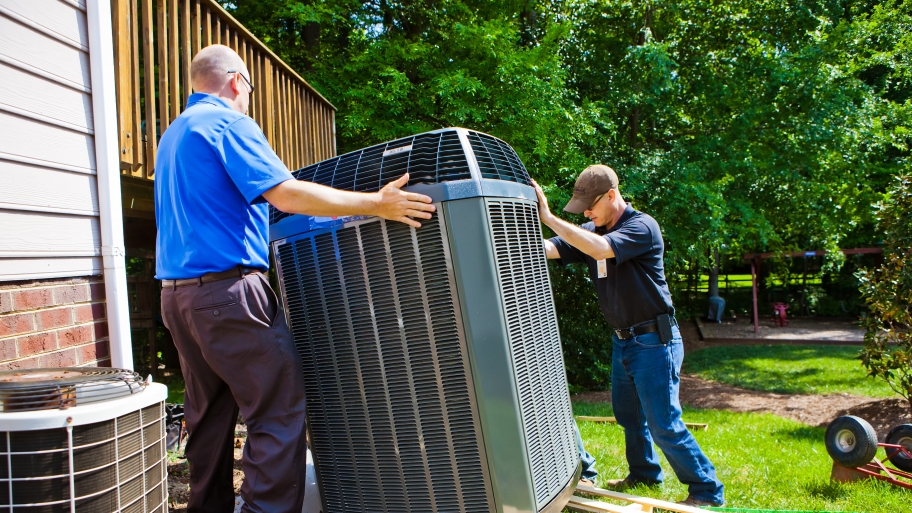6 Things to Consider when Hiring HVAC Contractor
On average, heating, ventilation, and air conditioning makes up 40% of home and commercial electricity consumption. But a lot of home and business owners fail to grasp the efficiency of their HVAC system when attempting to minimize operational costs.
Searching for an environmentally friendly HVAC company? See our friends at HVAC – Eco-friendly company.
You can do a lot of checks to determine if your existing HVAC system requires an upgrade, a repair or perhaps a retrofit. For example, if you happen to have an obsolete system right now, your heating, ventilation, and air conditioning may not meet your home’s needs. You will likely end up with very high utility bills than what you initially expected. Your entire system must be the right size for the size of your home. Other issues, like regulating temperature, carbon dioxide levels, and airflow, may likewise arise.

If you are not new to these issues, it is probably high time to look for a nearby HVAC contractor who can assess your existing system and assist you with the necessary repairs, upgrades and establish a quality upkeep plan to avoid dealing with the same issues later on.
Getting in touch with qualified and licensed heating and cooling contractors is crucial in maximizing your HVAC system’s efficiency and output. As you look for ideal HVAC contractor candidates for the job, keep these six things in mind to make better and informed choices.
Be familiar with your existing HVAC system. Before considering any HVAC fixes, upgrades or retrofits, learn more about your current system. Research if it is compatible with the kind of upgrade you have in mind. By knowing all these, you have the assurance of finding the best heating and cooling contractor who have the right expertise and years of industry experience to help you out.
Know more about other HVAC alternatives that are further energy-efficient. There are plenty of modern energy-efficient HVAC items available on the market nowadays that is good for your home or business. Knowing all these details will come in handy before even looking for a heating and cooling contractor. One of the sought-after new advancements to think of is Demand Controlled Ventilation (DCV). This technology utilizes a carbon dioxide sensor to control airflow to the corresponding number of individuals in a particular area. For bigger systems, an Enhanced Ventilation Control (EVC) matched with a blower’s Variable Frequency Drive (VFD) can help you save both energy and money by adjusting temperatures and carbon dioxide levels in an irregular or low-occupancy area.
Scrutinize heating and cooling contractor qualifications. Before employing a heating and cooling contractor, ask them regarding their experience and applicable certifications. In addition, ask them for some references or ask family and friends for references when they too had to look for an HVAC contractor themselves. Furthermore, check their references to know the kind of work they deliver.
Inquire for a detailed quote. In order to make price comparisons among various heating and cooling contractors before choosing the one who fits your requirements, make the most of the fact that a lot of heating and cooling contractors provide free or affordable quotes. Also, ask these contractors to make an itemized quote for your convenience.
Try to get rebates and related incentives. As you look for heating and cooling technicians, inquire about certain rebates and incentives that you qualify for. You can often avail of these rebates and incentives when you purchase and install energy-efficient devices.
Make a list of questions you will ask the HVAC contractor beforehand. After conducting your research, write down a list of questions you must ask the expert regarding your home’s HVAC system. Some examples of these questions are:
- What is the most energy-efficient system?
- Will an ordinary repair do or do you need to perform a total overhaul?
- What is your possible ROI?
- What kind of financing alternatives can you avail for your home or business?
- How can you avoid the same upgrades or repairs later on?
Do not hesitate to ask questions even if you think they are quite meaningless or irrelevant. In the long run, this particular detail is crucial in helping you maximize the repair, upgrade or retrofit you have undergone.
